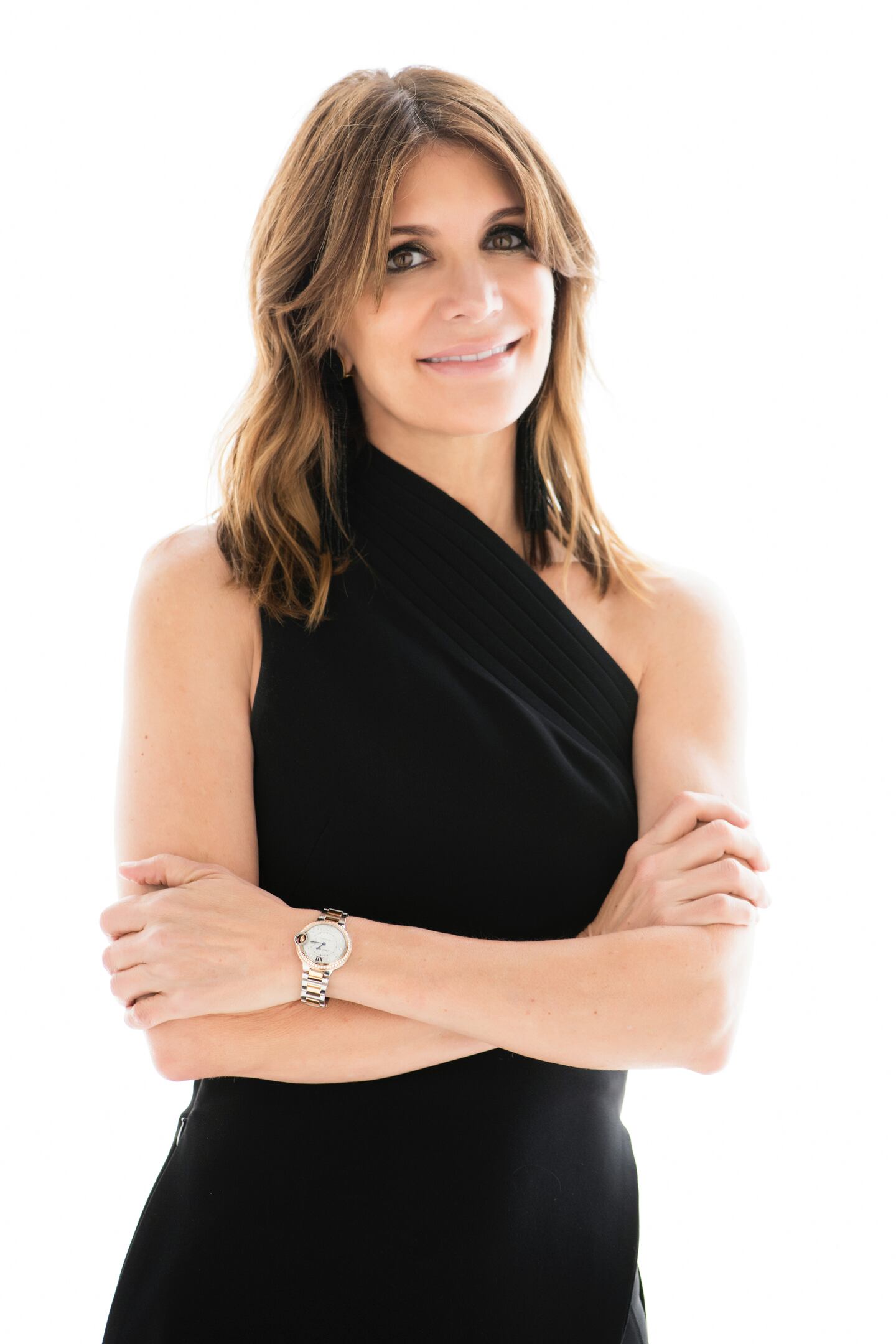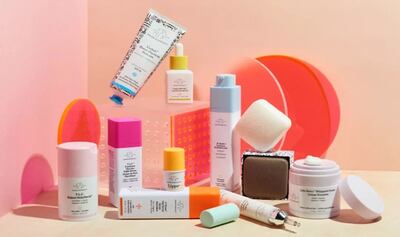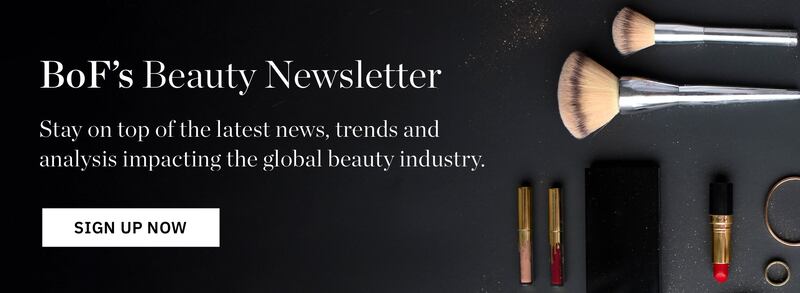
The Business of Fashion
Agenda-setting intelligence, analysis and advice for the global fashion community.

Agenda-setting intelligence, analysis and advice for the global fashion community.

Welcome to a new series examining the real-world triumphs and missteps of leading fashion and beauty executives.
HOUSTON, United States — Tiffany Masterson famously created Drunk Elephant from her Houston, Texas living room in 2012. She identified common ingredients she found unnecessary in skincare — dubbing them "The Suspicious Six" — and built a product line that pioneered the notion that formulas could contain synthetic, performance-driven clinical ingredients (as long as they are non-toxic) and still be considered "clean."
She went deliberately slow with distribution, sticking with Sephora exclusively in the United States, and became the retailer's fastest growing skincare brand. In the spring of 2017, she took on investment from private equity firm VMG Partners and Man Repeller founder Leandra Medine. With expansion into the United Kingdom and Singapore last fall, and annual revenue estimated at $150 million, the brand announced this week it has engaged Financo and Moelis & Company investment banks to explore a potential sale which, according to reports, may fetch as much as $1 billion.
Best Decision: Committing to the Customer
ADVERTISEMENT
Masterson created blockbuster products like the T.L.C. Sukari Babyfacial, Protini Polypeptide Cream and C-Firma Day Serum for herself, imaging that other women would want the same non-toxic formulas and bioavailable ingredients too. Of her carefully edited lineup, she says, “it speaks to a consumer because it’s coming from a consumer.”

Source: Drunk Elephant
She’s kept her customers close in everything she does, engaging personally on social media and taking all suggestions to heart, tweaking packaging and responding to critiques. “I made a decision in the beginning that I never wavered from: It’s a 100 percent commitment to the consumer. They’re front-and-centre in every single decision I make,” she says. “I live on Instagram. I learn from the consumers. They’re my boss. They get the final vote. ‘What do you guys want? What’s important for you?’ I make it an experience from start to finish: from purchase to receiving to using. I want them to get what they paid for. Of course we benefit — we make money — but the most important thing is that they are happy about giving us their money. We want to make a difference in their lives. That’s not a bullshit goal. That’s the goal.”
In the beginning, when funding was limited, and Masterson had the opportunity to cut costs on ingredient quality — a move that likely would have gone unnoticed — she didn’t. “I decided I’m going to act like a big brand that’s already successful. I want to do it right, as if the consumer is watching every choice we make. As a consumer that’s what I want, and that’s what I’m giving.” As a result, she says, “I’ve got a very loyal, satisfied customer base.”
Transparency in the industry should not be self-promotional.
And when her company makes a mistake, “we own it. We fix it,” says Masterson. “We tell it like it is, no matter what. Dealing with the consumer as an equal builds trust. To be transparent is not to talk about it; it’s just to do it. Transparency in the industry should not be self-promotional. It’s about benefiting the consumer so they’re comfortable spending hard-earned money.”
Biggest Mistake: Ignoring Your Instincts when Hiring
Though Masterson is well known for following her gut — naming her company Drunk Elephant against all advice, eschewing outside influence and creating from a place of personal preference, refusing to pay influencers — the few times she hasn’t strictly adhered to her own instincts, she’s paid for it. “My worst mistakes have been to hire people who don’t share my core values and vision. There have been a few,” she says. “Your gut instinct about somebody is usually spot-on — and they rise to the top pretty quickly, in a negative way. Bringing some of those people in has been disruptive, and has cost us time and money. You’ve got to nip it in the bud and move on. Toxic people are just like toxic ingredients; there’s no room for them.”

Related Articles
[ Byredo Founder Says Grow Slow and Do Your HomeworkOpens in new window ]
[ Drunk Elephant’s Plan to Become the Next Billion-Dollar Beauty BrandOpens in new window ]
This month, BoF Careers provides essential sector insights to help beauty professionals decode the industry’s creative landscape.
The skincare-to-smoothie pipeline arrives.
Puig and Space NK are cashing in on their ability to tap the growth of hot new products, while L’Occitane, Olaplex and The Estée Lauder Companies are discovering how quickly the shine can come off even the biggest brands.
Demand for the drugs has proven insatiable. Shortages have left patients already on the medications searching for their next dose and stymied new starters.